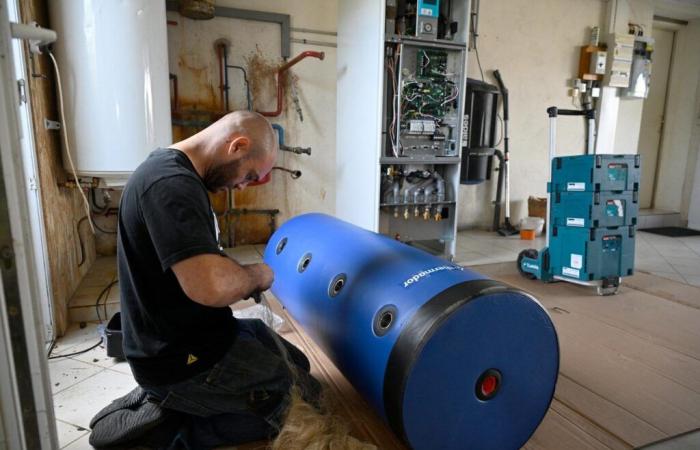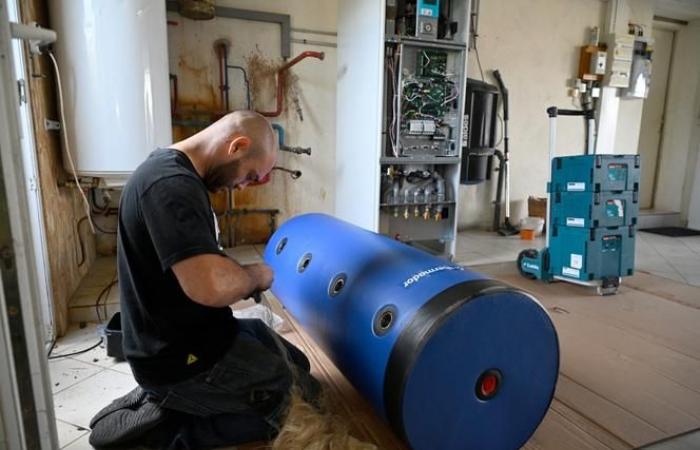Gas, electricity, petroleum products: although energy prices may have fallen since 2022 on wholesale markets, energy poverty continues to affect millions of households in France. That is to say any person experiencing “in his home particular difficulties in having access to the energy supply [pour] the satisfaction of their basic needs, [du fait] of the unsuitability of its resources or its habitat conditions”according to the 2010 legal definition.
For the fourth consecutive year, a day of fight against this scourge will be co-organized by around twenty structures engaged in this area, Tuesday November 12. The aim, according to its organizers, is to make visible such “social, health and environmental injustice [touchant] 12 million people in France ». This count dates from 2013, the year of a survey by the National Institute of Statistics and Economic Studies. “This statistical poverty perhaps also reflects a form of political disinterest”critic Hélène Denise, “housing and climate” advocacy officer for the Abbé Pierre Foundation, who initiated the event.
“Living in unworthy or degraded housing, poorly insulated, poorly ventilated, means living with the risk of having respiratory problems, having migraines, underlines Alexandre Lagogué, general director of Compagnons builders, an association specializing in helping with the self-rehabilitation of housing. It is living in a vicious circle which can exclude people socially, which can also harm mental health, with difficulty in projecting oneself. »
Read also | Article reserved for our subscribers Renovating your thermal strainer when you live in the most disadvantaged suburbs, always a complex process for individuals
Read later
Better updated, certain indicators attest to a persistent scourge. For example, the energy effort rate calculates the place of energy-related expenses in relation to income. When this rate is at least 8% and it concerns a household among the poorest 30% in the country, by convention, this household is considered to suffer from fuel poverty. Based on the last ten years, at least one household in ten still finds itself in this situation. That is to say around 3.2 million households in 2022, according to the latest ministerial data – that year, there would have been even more of them without the government's “tariff shield”, an aid system in the face of the inflationary crisis.
“Feeling of shame”
Another indicator: the number of interventions for unpaid bills exceeded one million in 2023. If electricity and gas cuts are decreasing (more than 265,000, or -33% compared to 2019), power reductions electricity are on the rise (nearly 736,000, or + 168%), according to the national energy mediator, an independent public authority.
You have 50.12% of this article left to read. The rest is reserved for subscribers.







